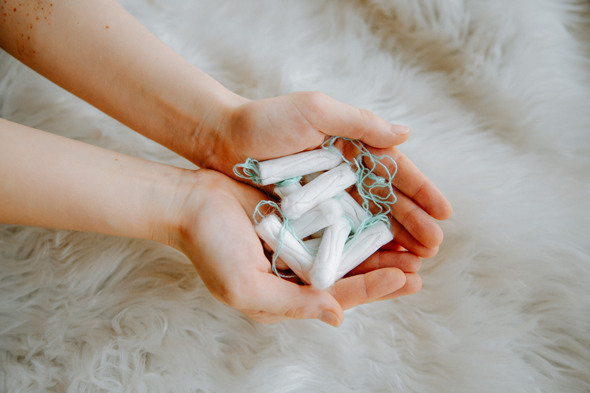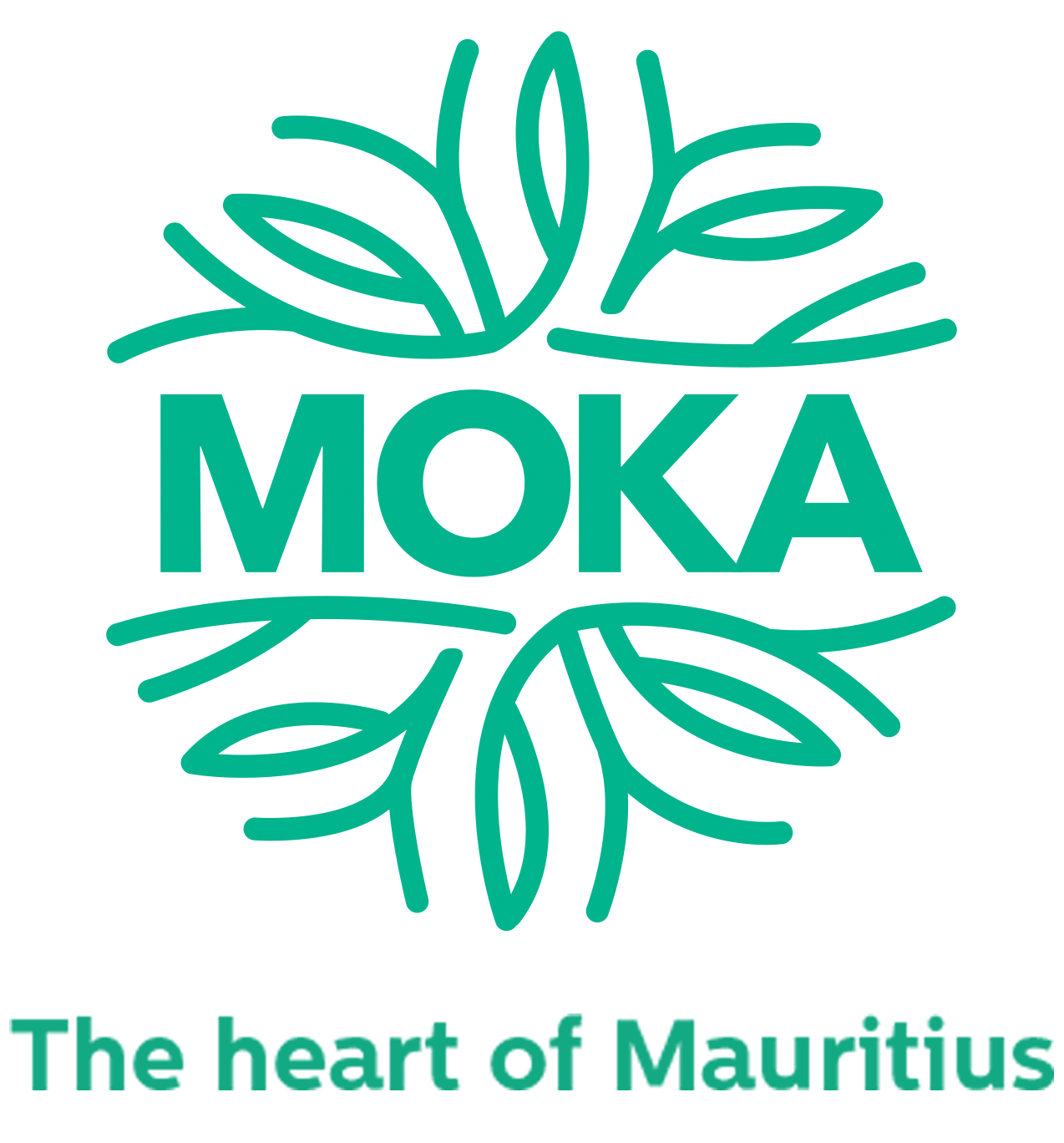They are at the heart of profound social and environmental change. On this International Women’s Day, let’s celebrate the women who are building a more equitable and sustainable future for Mauritius!
Sustainable development, inclusivity, and solidarity: core values that the Smart City of Moka shares with the associations that have chosen it. Symbols of resilience, change, and determination, association spokespersons bear witness, sharing wishes and observations for greater inclusivity.
Rebecca Espitalier-Noël, Managing Director of FoodWise

“The inability to provide a meal before bedtime or before school generates mental and emotional distress for a mother. The difficulty of feeding their children places them at the center of a daily struggle that undermines their confidence and emotional stability. With access to adequate nutrition, these mothers regain the strength needed to fully engage in their work, contributing not only to the financial stability of their family but also to their own professional fulfillment. Food support thus becomes a catalyst, freeing these women from emotional distress, propelling them toward a future where they can nourish both their personal aspirations and the dreams of their children.”

About FoodWise:
For over 5 years, FoodWise has been actively combating food waste and food insecurity in Mauritius. Its primary initiative is food redistribution. Since 2018, this social enterprise has been rescuing surplus food from agro-food businesses, amounting to over 5 million meals, which have been distributed to over 150 NGOs to assist those in need. FoodWise is also involved in education, training, and advocacy, contributing to its overall goal of reducing food waste and insecurity. Recently, this startup achieved a strategic victory by successfully advocating for a regulatory change, now allowing the sale and donation of products beyond their Best Before date.
Djemillah Mourade Peerbux, Director of the Ripple Association:

“The alarming increase in cases of female cancers and other chronic conditions such as endometriosis or polycystic ovary syndrome highlights the urgent need for early and accessible menstrual education. This opportunity is crucial for accessing women’s healthcare. Menstrual poverty is an unacceptable injustice that has no place in our modern society. Every woman should have easy and equitable access to menstrual products and education to ensure her health, dignity, and the full enjoyment of her rights.”

About Ripple:
Founded in 2016 by Djemillah Mourade Peerbux, Ripple is an association dedicated to combating menstrual precarity and women’s health more broadly. Today, Ripple’s core focus is the collection of hygiene products, ranging from toothpaste and soap to cups and sanitary napkins. The distribution of these products is overseen by partner NGOs, trained by Ripple, to ensure awareness of the importance of these products in the daily lives of beneficiaries. The association also works to organize training sessions and awareness campaigns on menstrual education and women’s health. Its latest project is the development of an educational mobile application as a platform for raising awareness about women’s health, named EMA (Educational Menstrual App).
Stephanie Jacquin, Senior Projects and Operations at We-Recycle:

“Women bring a unique perspective to the world around them. This holistic view contributes to understanding and addressing environmental issues in an inclusive manner, taking into account social impacts as well. By engaging today, especially by passing on good practices to your family and loved ones, you ensure that you leave behind a cleaner Mauritius for future generations.”

About We-Recycle:
We-Recycle is a non-governmental organization (NGO) that promotes responsible plastic consumption. Registered in 2016, it conducts various activities related to collection and awareness targeting diverse audiences. In 2023, approximately 48 tons of recyclable plastics found a second life through the NGO’s collection operations. More than 23,000 Mauritians, including 3,600 primary school children, have been educated on recycling and environmental protection themes. We-Recycle closely collaborates with vulnerable communities for a healthier environment, notably through its “Resikle pou grandi” project in La Valette, Bambous.
Anushka Virahsawmy, Director of Gender Links Mauritius and Francophone Operations:

“Equality and parity is not just about breaking through barriers, lifting weights or climbing corporate ladders, it’s about reshaping the world, confronting the challenges women face daily, from systemic inequalities to cultural biases. The strength, resilience, and unyielding spirit of women is key for an inclusive, equal and just society in which women and girls in all their diversities exercise their voice and choice.”

About Gender Links (GL) Mauritius:
Gender Links Mauritius was registered in 2008. The Mauritian branch of this award-winning organisation, operating across the fifteen countries of the Southern African Development Community (SADC), focuses on research, advocacy and awareness-raising campaigns. Its action in Mauritius is based on four pillars. The Gender Justice pillar helps women from disadvantaged backgrounds and victims of violence to become financially independent. The Gender and Local Government pillar brings a gender perspective by working with local authorities. The Gender and Media pillar works to eliminate gender stereotypes in the media and advertising. Finally, the Gender Links Safe Haven Halfway Home has welcomed 69 residents who are victims of various forms of violence, including children, since its opening in 2017 to help them make sense of these experiences and reclaim their narrative.
Cornerstones of our society, committed women play an increasingly important role in ensuring a brighter future for our island.

Leave a Reply